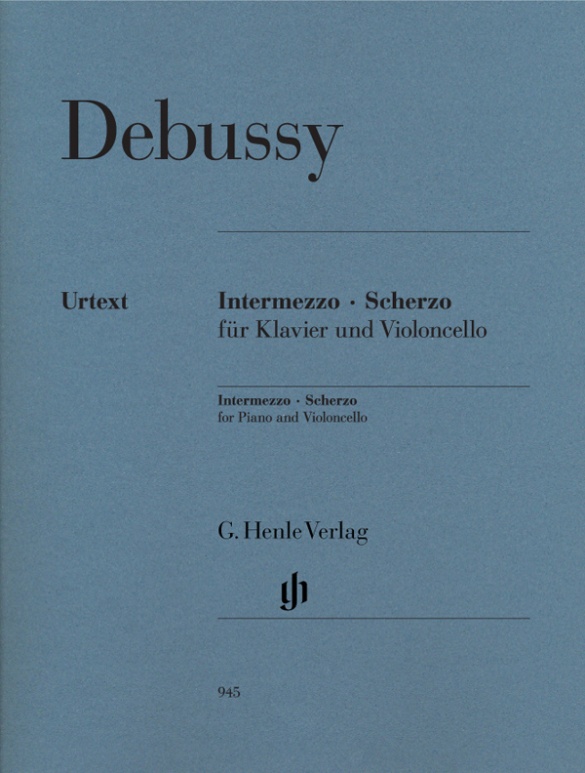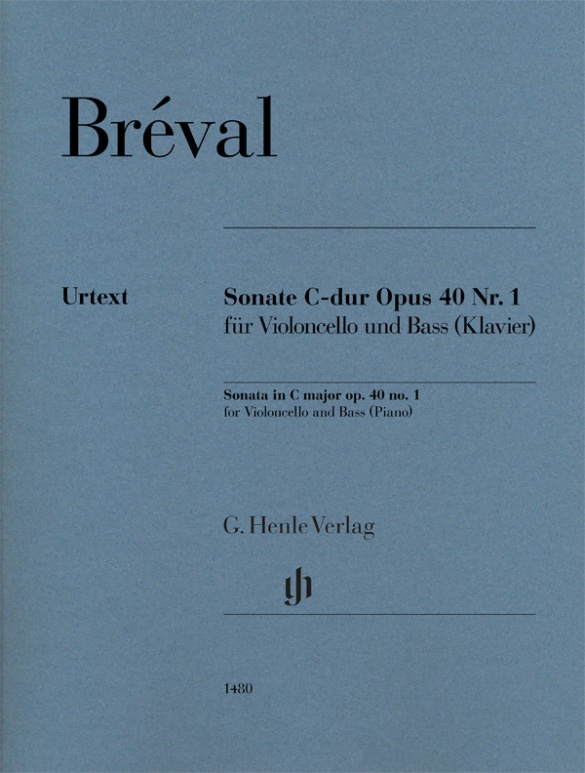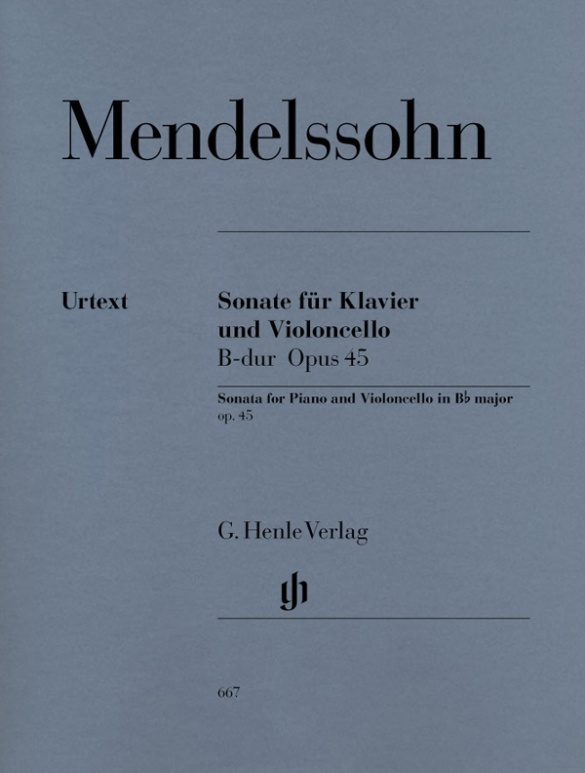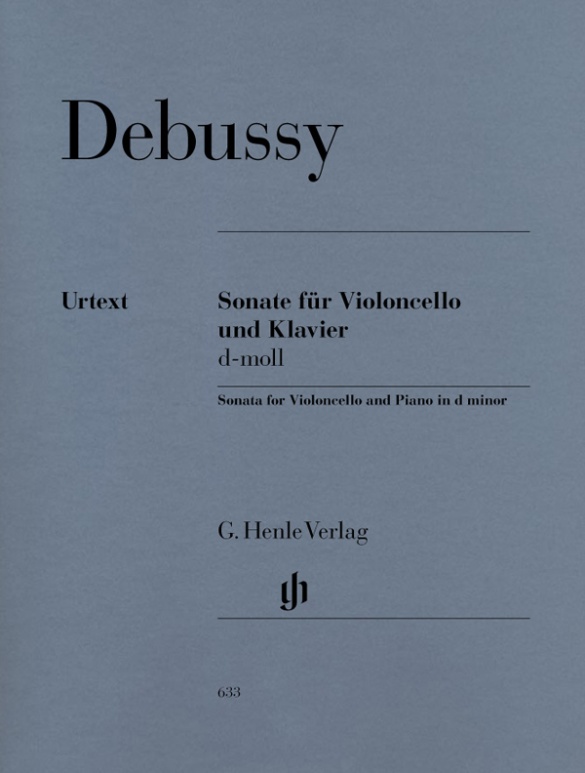

Claude Debussy
Violoncello Sonata d minor
It was only with his late works that Debussy, an unconventional innovator, turned back to tradition. In 1915 he had six sonatas for various instruments in mind. He was only to complete three of them before his death in 1918, following a severe illness. The first of these was the Cello Sonata that he composed unusually quickly in 1915. During his summer holiday by the sea in Pourville, Debussy worked at great speed. The sonata, with an unusual sequence of movements Prologue-Sérénade-Finale, was published in that same year. The work belongs to the cellist’s core repertoire.
Content/Details
About the Composer
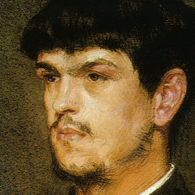
Claude Debussy
Most important French composer around 1900, whose music, primarily characterized by its sound, exhibits profound innovations. His oeuvre bears a close relationship to Symbolism.
| 1862 | Born in Saint-Germain-en-Laye on August 22. |
| 1872–84 | Studies at the Conservatoire de Paris. During this time, he travels with the family of Nadezhda von Meck to Switzerland, Italy, Vienna, and Russia, where he becomes acquainted with Russian and Gypsy music. |
| 1884 | Wins the Prix de Rome with his cantata “L’Enfant prodigue.” Thereafter resides in Rome until 1887. |
| 1887–89 | Songs, “Cinq Poèmes de Baudelaire.” |
| 1888/89 | Visit to the Bayreuth Festival; criticism of Wagner. |
| 1889 | Exposition universelle (World Exposition) in Paris, where he learns about East Asian music, which influences his style. |
| 1890 | Connection to Mallarmé and his circle. |
| 1891/1903 | Series of songs, “Fêtes galantes,” after Verlaine. |
| 1891–94 | Orchestral work “Prélude à l’après-midi d’un faune” (“Prelude to the Afternoon of a Faun”) with arabesque-like melodies. |
| 1897–99 | Nocturnes for orchestra and women’s voices. |
| 1901 | Beginning of his activity as a music critic. |
| 1902 | Performance of the opera “Pelléas et Mélisande” after the Symbolist drama by Maeterlinck, which despite criticism spells his breakthrough. |
| 1903–05 | Orchestral work “La Mer” uses symphonic principles and “Impressionist” tonal language. |
| 1905–07 | Books one and two of “Images” for piano. |
| 1906–08 | “Children’s Corner,” children’s pieces for piano. |
| 1909–10/11–1913 | Books one and two of the “Préludes” for piano; the programmatic titles of these character pieces, some of which are quite esoteric, are listed at the end of each one. |
| 1913 | Songs “Trois poèmes de Stéphane Mallarmé.” |
| 1915–17 | Chamber music sonatas, drawing from the French tradition of the eighteenth century. |
| 1918 | Death in Paris on March 25. |
About the Authors
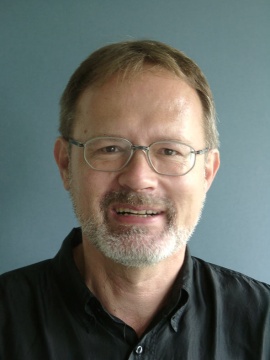
Ernst-Günter Heinemann (Editor)
Dr. Ernst-Günter Heinemann, born in 1945 in Bad Marienberg (Westerwald), completed his schooling in Gießen and read musicology, philosophy and German in Marburg and Frankfurt/Main and also for some time Protestant church music. He did his doctorate on “Franz Liszts geistliche Musik. Zum Konflikt von Kunst und Engagement”.
From 1978–2010 Heinemann worked as an editor at G. Henle Publishers (in 1978 in Duisburg, from 1979 onwards in Munich). He edited a great many Urtext editions for the publishing house, including “Das Wohltemperierte Klavier”, Volume 1 by Bach and all of Debussy’s piano works. In addition, he wrote essays on Debussy, Grieg, Liszt, Mendelssohn and questions concerning general editing, as well as giving seminars on editorial practice for musicology students in Munich.

Klaus Schilde (Fingering Piano)
Prof. Klaus Schilde, born in 1926, spent his childhood in Dresden. There he was greatly influenced by Walter Engel, who taught him the piano (Kodaly method), composition and violin. From 1946–1948 he studied at the music conservatory in Leipzig with Hugo Steurer. After moving to the west in 1952 he studied with Walter Gieseking and Edwin Fischer, as well as with Marguerite Long, Lucette Descaves and Nadia Boulanger in Paris.
Schilde won numerous prizes. From 1947 onwards he gave concerts as a soloist and chamber musician on almost every single continent with renowned orchestras. He taught at the music conservatories in East Berlin Detmold, West Berlin, Munich, Tokyo (Geidai) and Weimar. From 1988–1991 he was President of the Staatliche Hochschule für Musik und Theater in Munich, where he also taught for decades as a professor. There are numerous radio and television broadcasts with Klaus Schilde as well as CD recordings. Schilde has contributed fingerings to almost 100 Henle Urtext editions.
Prof. Klaus Schilde passed away on 10 December, 2020.
Product Safety Informations (GPSR)

G. Henle Verlag
Here you can find the information about the manufacturer of the product.G. Henle Verlag e.K.
Forstenrieder Allee 122
81476 München
Germany
info@henle.de
www.henle.com
Die nach dem Autograph und der Erstausgabe von Ernst-Günter Heinemann erstellte Urtext-Ausgabe mit den Strichbezeichnungen und Fingersätzen von Reiner Ginzel und Klaus Schilde macht das 1969 bei Peters erschienene und heute vergriffene Werk in einer neuen, übersichtlich und praxisnah gedruckten Form wieder zugänglich.
Das Liebhaberorchesterrecommendations
autogenerated_cross_selling
Further editions of this title
Further editions of this title


